When you hear “the taste of winter in Tottori Prefecture,” many people think of “Matsuba-gani” (snow crabs). When the first bustle is covered on the national news, many people may feel that winter has arrived. “Matsuba gani” is well established as a seafood in Tottori Prefecture, but in fact, when the news reaches the whole country for the first time, you can enjoy the deliciousness of “mosaebi” in the local prefecture of Tottori Prefecture.
MOSAEBI’S ORIGIN / HISTORICAL BACKGROUND
This local gourmet in Japan is quite unique. Its name or what it is called changes depending on the place of origin. There is a theory that Mosa shrimp was a name distinct to the San’in region and because of several impressions towards its appearance, it was somehow called Mosa or was compared to a phantom fierce man. The official name of Mosa shrimp is “Kurozako shrimp”. In Tottori Prefecture, it is called “Mosabi”, but in the Hokuriku region, it is called “Gasuebi”, “Doroebi”, etc., and it is a product rooted in various parts of the Sea of Japan.
In Tottori Prefecture, it is caught by offshore seine net fishing from September to May. It has a long overlap with the crab season and is a hidden existence. It tends to lose its freshness since it lives in deep waters with a seawater temperature of about 5 degrees Celsius and a depth of 200 to 250 meters, the head begins to turn black half a day after landing. So in the past, fishermen only ate them on board, and they didn’t go around the prefecture very often.
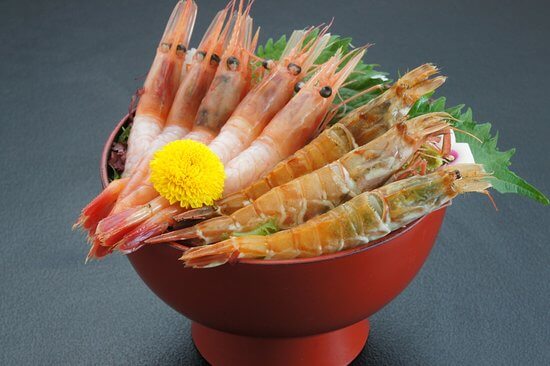
Compared to the northern shrimp, it has a strong elastic texture and has a pleasant savory taste, and its sweetness is higher than that of sweet shrimp, but it is a phantom shrimp that can only be tasted locally because it is difficult to ship to remote areas due to its rapid deterioration in freshness. The name recognition increased after Iwami-cho began selling it as a special product in the late 1990s. Since then, water coolers that can keep the seawater temperature at the same temperature as the habitat have been installed on fishing boats, and landing in a fresh state has increased.
HOW IS MOSAEBI MADE?
The Process
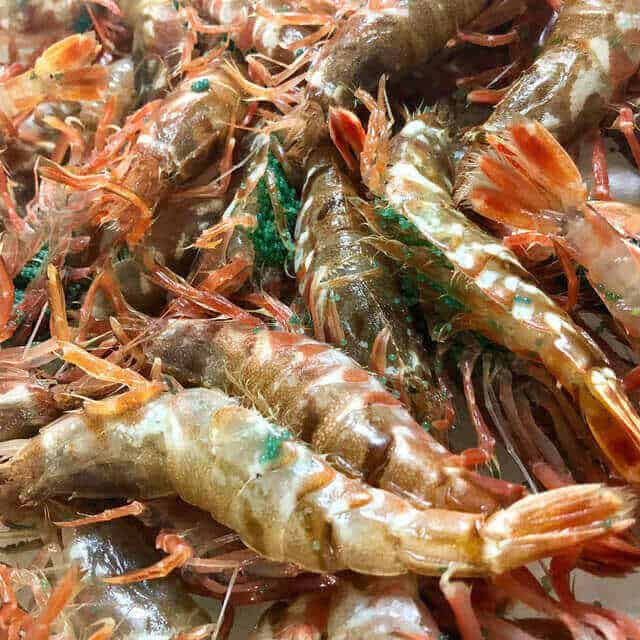
The reason for being called a phantom is not only the quick damage and the price paid for it, but it also involves the fishing season of the snow crab, the king of winter taste in the Sanin region. Mosa shrimp are caught by trawling, but most of Tottori’s trawlers aim for snow crabs in winter. The head begins to turn black half a day after landing. The shrimp depends on how damaged it is, but it’s not that you can’t eat it, and it is said that there are occasional nominated customers who want to eat sashimi when their heads turn black at the sushi restaurant “Sasa Sushi” in Tottori City. It seems that the sweetness will become stronger. Mosa shrimp is not recommended if you are worried about the damage but you can try it with miso soup. It will give you a deep soup stock.
To choose a delicious Mosa shrimp, you have to choose something that is fluttering or transparent. When the freshness gets worse, the body becomes white and loses elasticity, so the time to eat is short. After lightly washing with water, peel the shell of the body part, leaving the head and tail. Serve with sashimi soy sauce and raw wasabi.
What is so unique about the shrimp?
When you remove the head from the hot shrimp, peel it off and taste it, you will find a fragrant, plump texture and a firm sweetness in your mouth. It’s sweet, but it’s not as savory as the popular sweet shrimp in sushi. There are many ways to eat the Mosa shrimp including serving it with sashimi. Sashimi is firmer than the pink shrimp, and its sweetness and its savory taste are perfect. On the contrary, you can enjoy the deliciousness of the Sea of Japan.
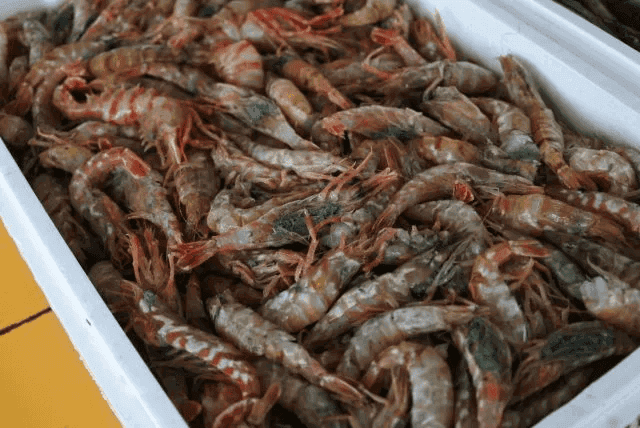
You can also eat the mosa shrimp with a sweet miso soup containing wakame seaweed and tofu. The rich taste of shrimp dissolves in the soup stock of miso soup. When you lightly squeeze the head and sipped the miso on the head, the delicious miso of Mosa shrimp spreads in your mouth along with the shore flavor of miso, a slight sweetness spreads in the mouth. Furthermore, it is delicious to eat by scraping off the belly cubs (eggs) of Mosa shrimp with a kitchen knife, mixing it with the miso of the head, and tasting it.
Unique local taste of shrimp
You can eat the Mosa shrimp with a unique local taste that is lightly boiled in boiled soy sauce. Be careful as overcooking will make the shrimp’s body stiff. There is also another way on how to serve Mosa shrimp, they call it a “salt-grilled shrimp” which is a simple dish that is sprinkled with salt and roasted quickly.
A study at the Tottori Prefectural Fisheries Experimental Station has revealed that Mosa shrimp is rich in taurine. Taurine, a type of amino acid, and it weighs about 160 milligrams per 100 grams of meat in the shrimp. Taurine has important functions in the heart and brain, including supporting nerve growth. It might improve heart failure because it seems to lower blood pressure and calm the sympathetic nervous system, which is often too active in people with high blood pressure and CHF. The pigment component that turns red when boiled is called astaxanthin, which suppresses carcinogenesis with its strong antioxidant power. It is said to make the flow of blood smoother.
RECOMMENDED MOSAEBI RESTAURANTS
There are many shops or restaurants in Tottori Prefecture that will surely satisfy your cravings for an exquisite experience of Mosa shrimp. Here are some of those recommended Mosa shrimp restaurants in Tottori:
Murakami Fisheries
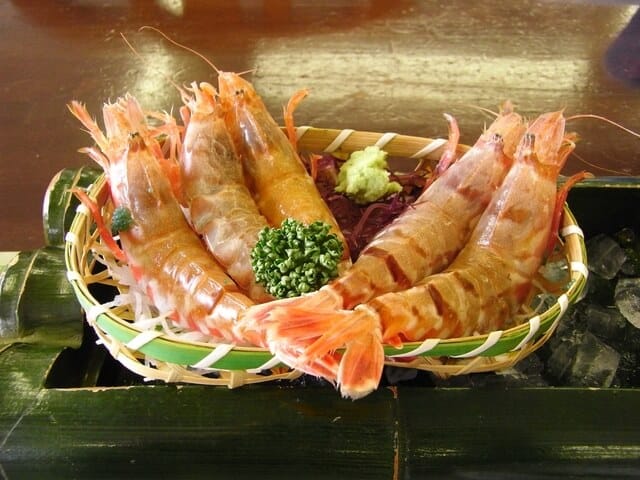
About 5 minutes walk from Tottori station. As it is an Izakaya directly managed by a fishery company, you can enjoy fresh and reasonable seafood dishes. Lunch is especially popular because you can have a good cospa meal. When the Mosa shrimp is in stock, it will also be on the lunch menu. It is also good to enjoy local sake and delicious seafood at night. There are counters and private room seats, so it is recommended to drink alone. When you try to sip the head of Mosa shrimp, you will also taste the freshness of the shrimp and the sweetness of miso soup. There is also a wide variety of seafood and sake. There is a large hall in the place, so it is ideal for banquets.
Taiki
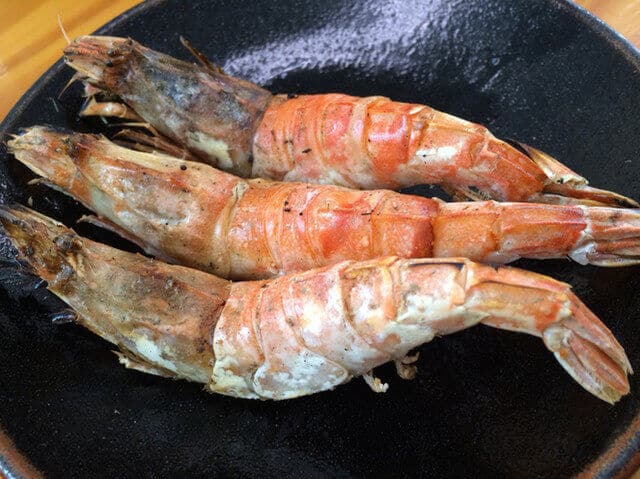
Taiki is popular for its super luxurious seafood bowl and it highly rated for its Tottori seafood bowl. Reservations are required, and it may be sold out around 12:00. It is located just off the Tottori Sand Dunes and a 1-minute walk from the Tottori Sand Dunes Lift Station. It’s a small shop, so be careful not to pass by. The red curtain with the words “Taiki” is a landmark. Even if you add the outside seats added to the left of the store, it will be full with about 15 people.
Kourin Yashiki
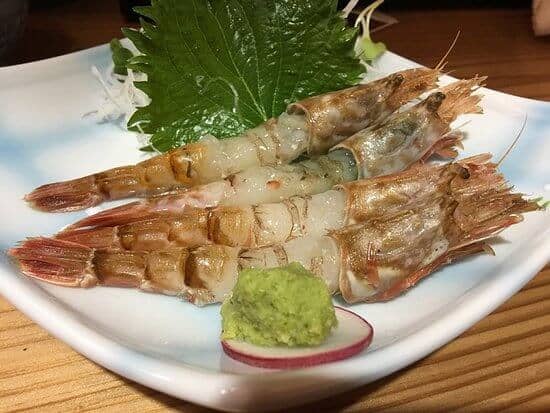
This is an Izakaya where you can enjoy freshly caught fish and local food in a completely private room. The Kyoto Machiya-style appearance illuminated by lanterns is an atmosphere where adults can relax. It is also convenient and easy access because it is just a 10-minute walk from Tottori Station. When the Mosa shrimp is being grilled with salt, the sweetness of the moist shrimp is condensed and it becomes even more delicious. It is roasted over high heat, so it’s crispy on the outside and melty on the inside. It’s a completely private room, so it’s perfect for dates and dinners. Many people use it for business negotiations
Izakaya Takeso
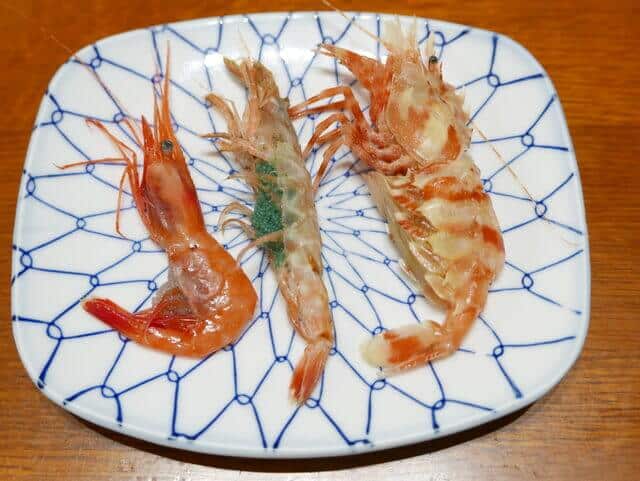
This restaurant is about a 3-minute walk from JR Kurayoshi Station. The main Izakaya here is skewers, but there is a wide variety of grilled dishes, seafood dishes, and single dishes. Don’t hesitate to choose when Mosa shrimp are in stock. It is also recommended to grill with salt. Beef liver skewers are a must-try for skewers. The degree of baking is exquisite and the volume is perfect. It’s a popular restaurant where it’s difficult to make reservations because all the dishes are cheap, delicious, and satisfying.
Kani Continent
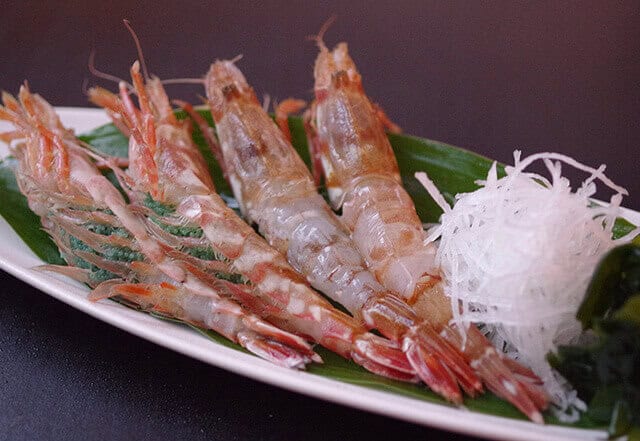
Near the port of Karo, “Kani Continent” where you can enjoy fresh seafood such as Tottori’s specialty pine needles. The store manager runs a fish shop, so you can enjoy fresh seafood purchased directly at a reasonable price. It has a Mosa shrimp sashimi that will truly satisfy your cravings for seafood.. It’s great that you can get a big prepuri at a reasonable price. Their fried moss shrimp is also popular. Therefore, do not forget to visit this place if you want to try mosaebi.
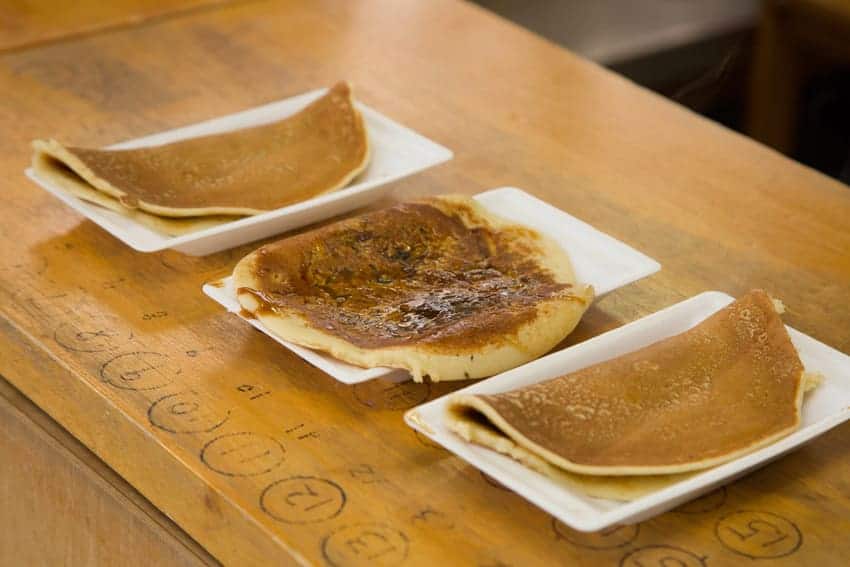
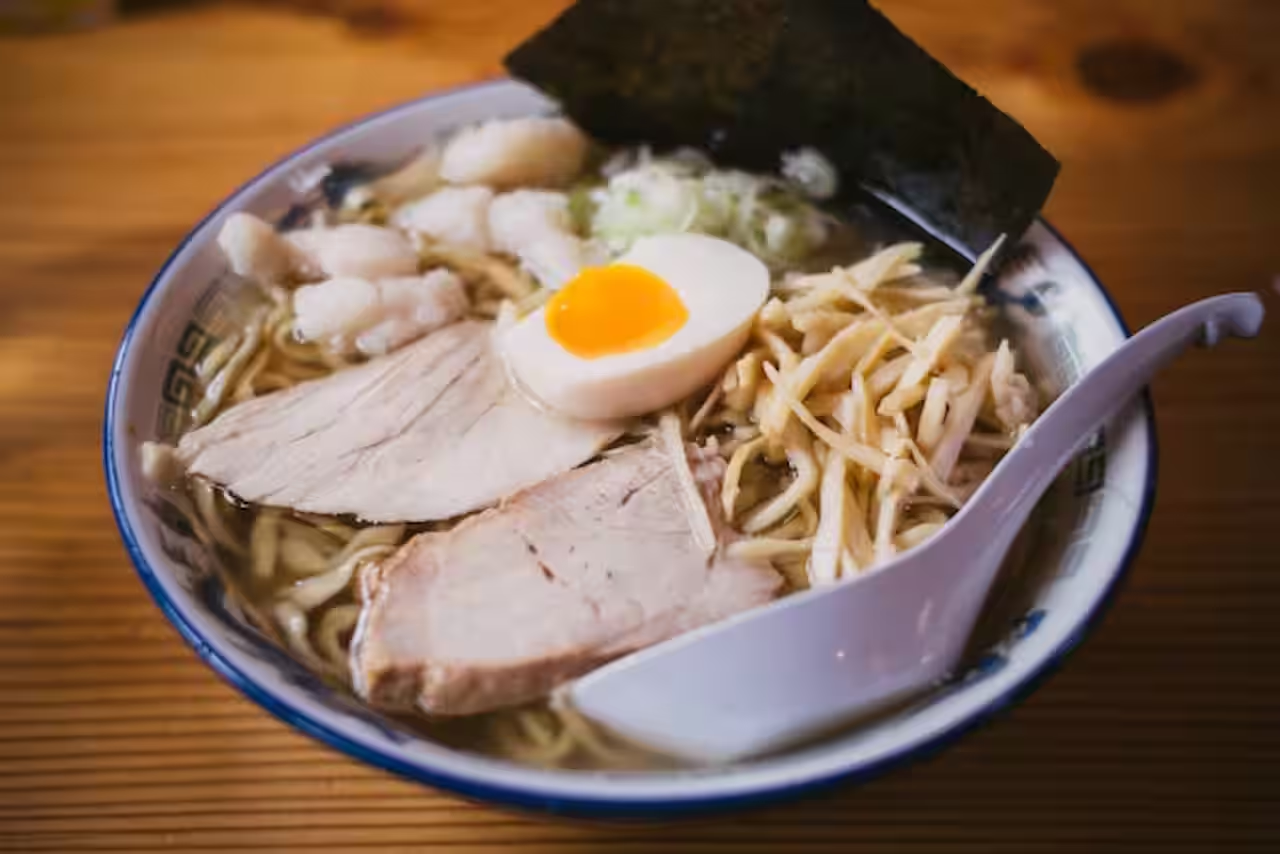
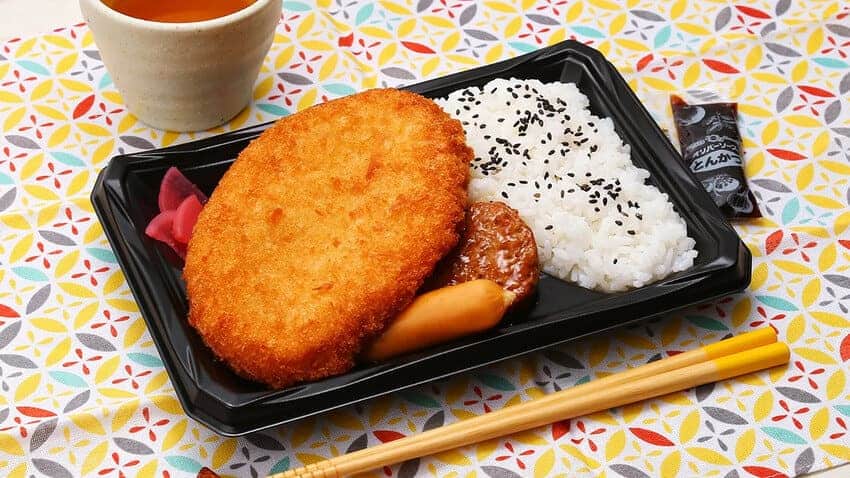

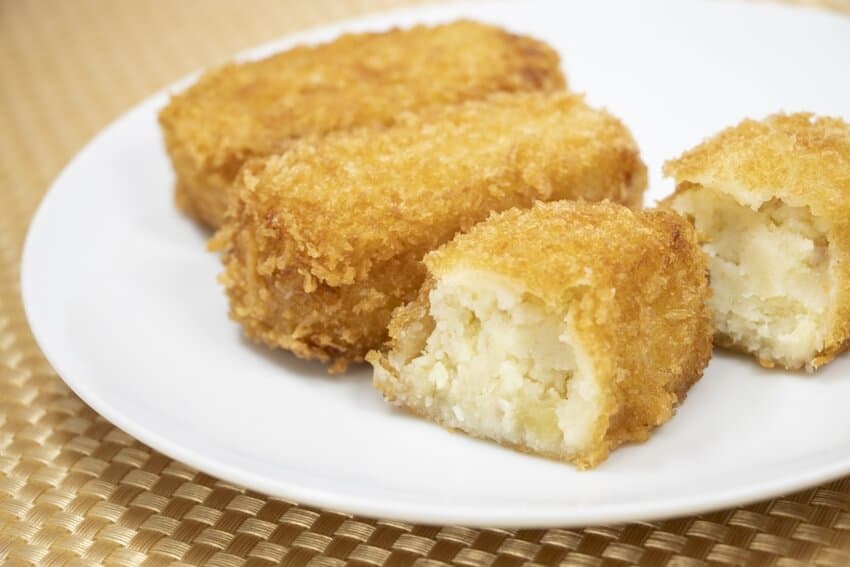

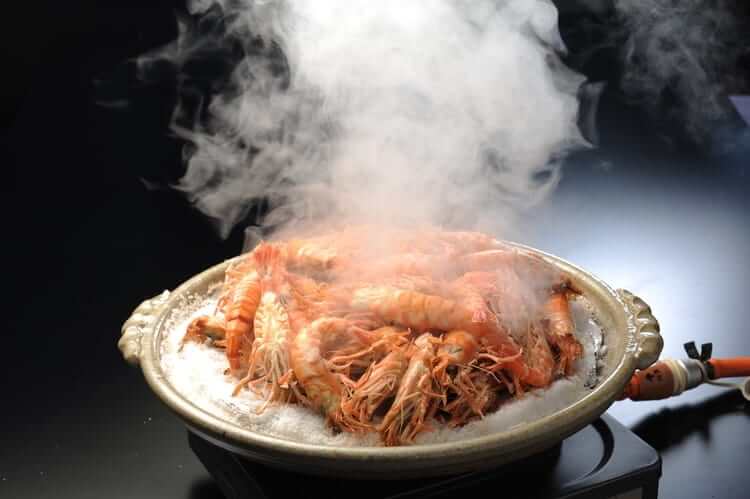
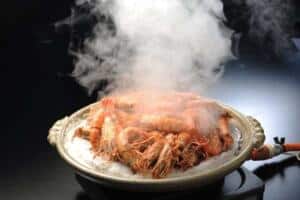

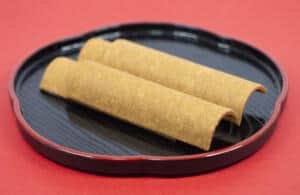
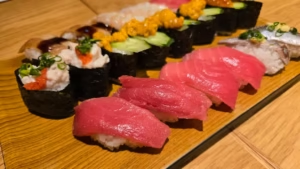
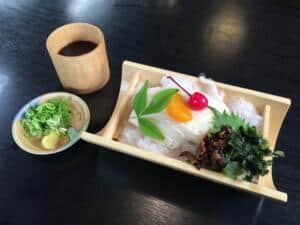
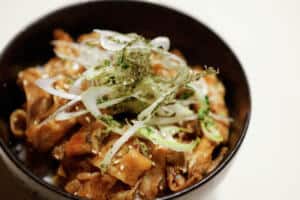

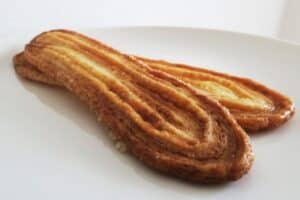
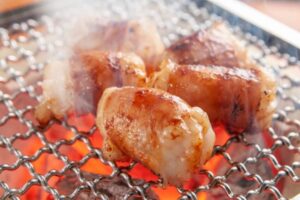
Comments